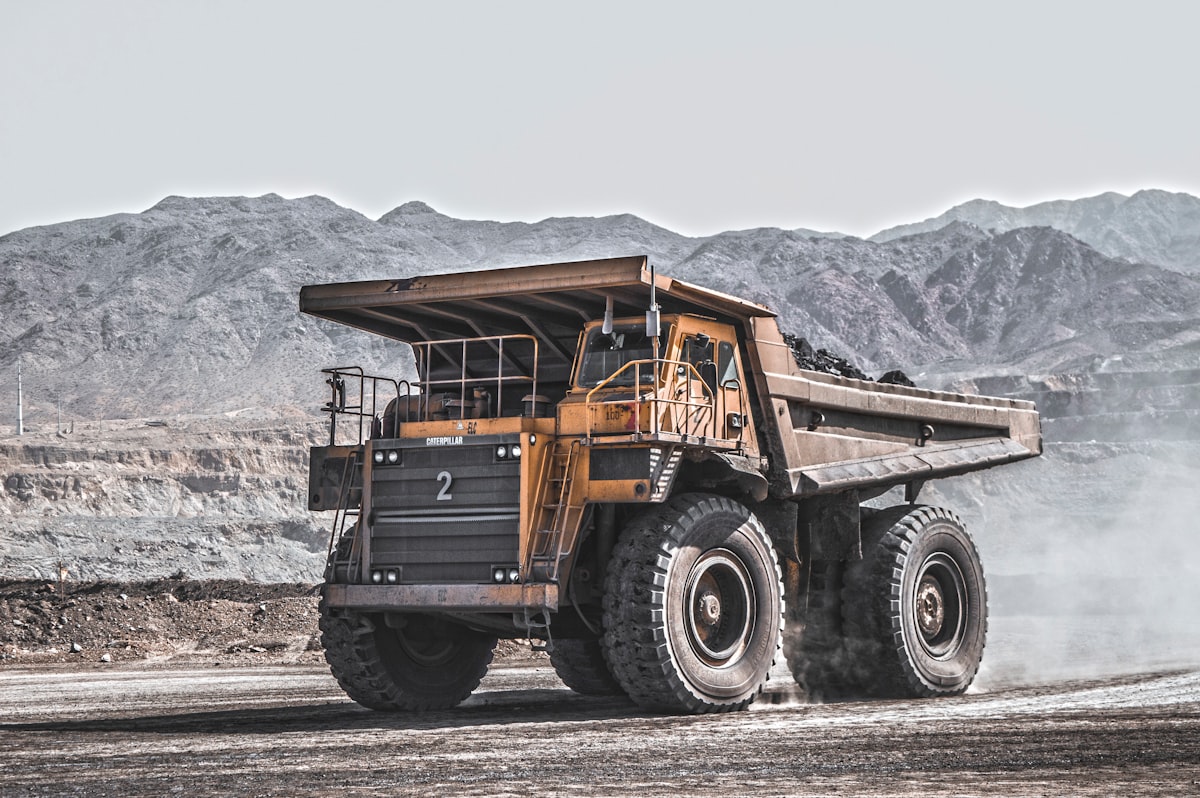Social Enterprise NSW & ACT (SECNA) held their first meetup in 2023, allowing change leaders and social entrepreneur founders to reconnect. We at Purpose With Profit are a member of SECNA.
The topic: Social Justice and how can we create a fairer society and by extension, world.
The year 2022 will be recognised as a watershed moment for the social enterprise movement in Australia, with the formation of Social Enterprise Australia and the seven chapters representing each state and territory.
So let’s start with the definition of a social enterprise. Social Enterprise Australia defines them as any business ‘that exists specifically to make the world a better place.’
We simplify further to be ‘better for humanity and/or the planet’.
It was a hot and steamy day. And yet, inspiring seeing so many change leaders in a room together.
The session sparked thoughts in expansive ways.
We’ll cover these in three topics:
- SECNA Social Justice, Speakers & the topics raised
That's right, accounting! Read on below.
SECNA Meetup
Kylie Flament (SECNA CEO) facilitated the session beautifully and did not hesitate to ask the tough questions.
The panellists:
Greg Hodkinson - Founder of First Innovators - An indigenous business accelerator.
Greg shared with us why the 26th of January is such a divisive date for most of the aboriginal community and why we need another date that brings us all together. He reaffirmed that many indigenous businesses are inherently social enterprises.
Tirrania Suhood - Founder of Incollaboration, shared how she asks the tough questions when facilitating or participating in the discussion.
Sometimes when we all think the same, we need a different point of view that can alleviate future peril.
The team at Incollaboration catalyse, spark and strengthen collective wisdom and capacity for local resilience and systems change.
And Mel Flanagan - Founder of Nook Studios, social justice advocate, designer, and storyteller. Mel uses visuals to tell complex stories about system change. She is also part of the global Publish What You Pay movement.
The Oxford dictionary defines social justice as a “fair distribution of wealth and opportunities within a society.”
Based on the discussion and the conversation, the pragmatic consensus defined social justice as being about:
- Meeting the basic needs of all citizens.
- A fair share
- Same opportunity
NOTE: It’s NOT about the same result – but opportunity.
Mel Flanagan’s work through Nook Studios is captivating—also her work to have more transparency in government through Publish What You Pay.
PWYP - "is the only global movement advocating to ensure that benefits from oil, gas and mining translate into improvements in people’s lives. With over 1000 member organisations and more than 50 national coalitions, PWYP campaigns for an open and accountable extractive sector. Our shared vision is a world where people benefit from their natural resources, today and tomorrow."
Mel also asked the audience whether we had read the Constitution of Australia. Many in the audience looked puzzled, including me. She suggested we read this short body of work to better inform us about the upcoming referendum.
Global Trade & Politics
Reflecting on the night, what if we take the idea of localised social justice and take it higher to a global context?
The western media's narrative & public perception of the globe is relatively simple:
- You have poor or corrupt governments in the so-called ‘third world’.
- You have authoritarian governments.
- Then you have developed countries that are democracies - And this is held in high esteem.
And yet, we know that in some countries, capital has a large influence in western democracies to suit their interests. Those who control the media can manipulate public perception.
In Australia, we have a practical example. One of the major parties proposed a super profits mining tax, and the mineral council representing the mining lobby was not happy.
So, with a large media campaign, the tax and the party were defeated at an election over a decade ago.
What if some ‘developed’ world companies exploit ‘third world’ countries without giving them their fair share?
This is the oldest playbook used by imperialists & colonialists from all lands.
It’s easy to be rich when we steal from another.
We would not allow this within a society, so why do we tolerate this between nations?
If we want to create a fairer society, it’s not just within the country. We need to extend this to global citizens.
It’s about giving ALL countries and their citizens their ‘fair share’ of wealth based on their natural resources.
Last year was a major junction for global trade and geopolitics.
We are shifting from a unipolar (US-centric) world to a multi-polar one.
Naturally, no one with power and strength likes to lose their privileges.
The incumbent will resort to all methods and means to prevent change.
But change is inevitable.
Disruptive Industries & Social Justice

We are facing planetary crises (plural). Whether it’s climate change, water scarcity, soil fertility, waste, forest depletion, ocean acidification, or overfishing, there’s a LOT to digest and comprehend.
Third-world or low-GDP countries are upset because the ‘developed’ world is largely responsible for man-made climate change.
And yet those who suffer most are those in the low GDP countries.
The planetary crises are giving birth to many disruptive industries and approaches.
Could these be the panacea to global social justice?
Automobile Disruption
The automobile industry has been a marvel of the 20th century. Globally, we have gone from riding horses and carts to being able to travel thousands of kilometres.
But the automobile industry has a symbiotic relationship with fossil fuels.
And we know burning fossil fuel accelerates man-made climate change. One of the largest fossil fuel companies, Exxon Mobil scientists projected this in the 1970s.
Left to its own devices, the automobile industry would not have developed the electric vehicle. They have a vested capital and interests to maintain the status quo.
Even when disruptors within the industry created an electric car, the ideas were squashed, according to the documentary ‘Who killed the electric car?’
Photographic film company Kodak –created one of the first digital cameras and again squashed the idea.
No guilt or blame, but it just is.
If we were the stewards of any large multinational, we would all do the same. This is our fiduciary duty.
It took an external disrupter, like Tesla, to change things for automobiles.
With Tesla’s public adoption & success, we see the change now with all large automobile companies playing catch up.
Tesla’s success is also due to large government subsidies and support to bring about a shift.
Plant-based & Alternative Protein

Let’s bring this back to a topic we are close to, plant-centric diets and alternate protein.
The hardest habit to change is food. It’s entrenched in our cultural psyche.
And yet, we know that for better public health and true planetary sustainability, it’s critical to advocate for a plant-centred diet & alternate protein. Alternate protein is part of the solution to address many planetary crises (plural).
While alternative proteins are better for humanity and the planet, the industry growth rate is low in Australia and the US compared to major European countries.
We know that in Europe, the governments (all levels) and institutions are far more supportive of changing diets. In Australia and the US, it’s far more muted.
Like the automobile industry, the farmers and the meat industry have been incredible in the 20th century in creating highly efficient factory farming practices to reduce costs.
But factory farming has many unseen consequences for nature and the animals we eat.
More antibiotics are used on animals than humans – great for the industry. But what about public health?
Zoonotic diseases stem from factory farming.
At a recent conference, a traditional organic meat farmer called the western factory farmed chicken ‘Frankenstein chicken’. Imagine if the public heard that.
Could the stalling in the growth of alternate protein in Australia and the US also be due to vested interests?
Or the cultural psyche?
Probably both.
Change takes time.
But it is inevitable.
Measuring More than Money – Historical Shift Is Happening

In Feb 2023, the Australian Federal treasurer Jim Chalmer wrote an extensive essay about Capitalism after the Crises.
He alluded to measuring more than money and inviting those with capital to do the same.
He noted the historical shift started after the Global Financial Crisis in 2007/08 and continued to talk about challenges facing nations with the planetary crises, post-pandemic and significant inflation pressures.
Globally, large pools of capital are measuring businesses differently due to the planetary crises. The leading body is the Global Reporting Initiative, where 75% of the largest 250 companies in the globe use these measures to report sustainability initiatives and map them to the Sustainable Development Goals. Then there are new measures related to climate risk, like the Task force on Climate-Related Future Disclosures or Principles of Responsible Investing, to name a few.
One of the pioneering certifications for multi-stakeholders has been Bcorp. B Corp allows a business to see a holistic picture of a business and is consumer-facing.
To a greater degree, a term called Environment, Societal & Governance (ESG) is making waves across larger companies.
Why are these being measured? A low ESG score can show an enterprise risk to the business’s ongoing viability.
While money will remain the fundamental measure, supportive measures like impact & ESG will start to capture the broader landscape for stakeholders and investors alike.
At the highest level, social enterprises have an embedded impact on their day-to-day operations.
At Purpose With Profit, we realised that with the rise of the conscious consumer, and supportive impact measurements, we could drive business growth by measuring impact AND quality business metrics.
Using scorecards and dashboards, we have a methodology to measure Purpose, People, Planet strategies as well as Profit. And yes, we also have a pillar for governance called Precision. These map to Purpose + Profit + ESG.
We focus on plant-based businesses because of the significant positive impact on public health and the planet. After saying this, continue to work with many impact businesses.
To give you more evidence and hope about the future, for the first time in accounting history, the International Financial Reporting Standards (IFRS) that oversees the International Accounting Standards Board has created an International Sustainability Standards Board due to necessity. This is BIG!
Want more?
One of the leading global accounting firms, PWC, plans to hire 100,000 new roles to measure ESG in five years from 2021.
As you can see, we naturally create greater social justice and a fairer world by measuring purpose with profit.
Change can be slow and even stall sometimes.
If the majority of us want it, change is inevitable.
Summary

As local & global citizens, it’s up to each one of us to stand up for what we believe in.
Social justice levels the playing field, not just locally but globally.
In Australia, we are seeing a rise in social enterprises and the cohesion of social justice movements through business.
Social justice allows for a fairer distribution of wealth and opportunities, where basic needs are met. Many Sustainable Development Goals support the social justice mandate to become a truly sustainable world.
To truly create a fairer world, there needs to be more transparency and fairness in global trade.
No one with power wants to see this diminish - Whether this is a person, company, or country.
We must collectively hold institutions and governments accountable to bring about positive changes.
Disruptive industries can accelerate a shift to a more fair and truly sustainable planet and help us avoid planetary crises.
Whether moving away from carbon and fossil fuels, supporting the growth of alternative proteins or even greater, measuring purpose with profit, all accelerate the shift to a truly sustainable world.



